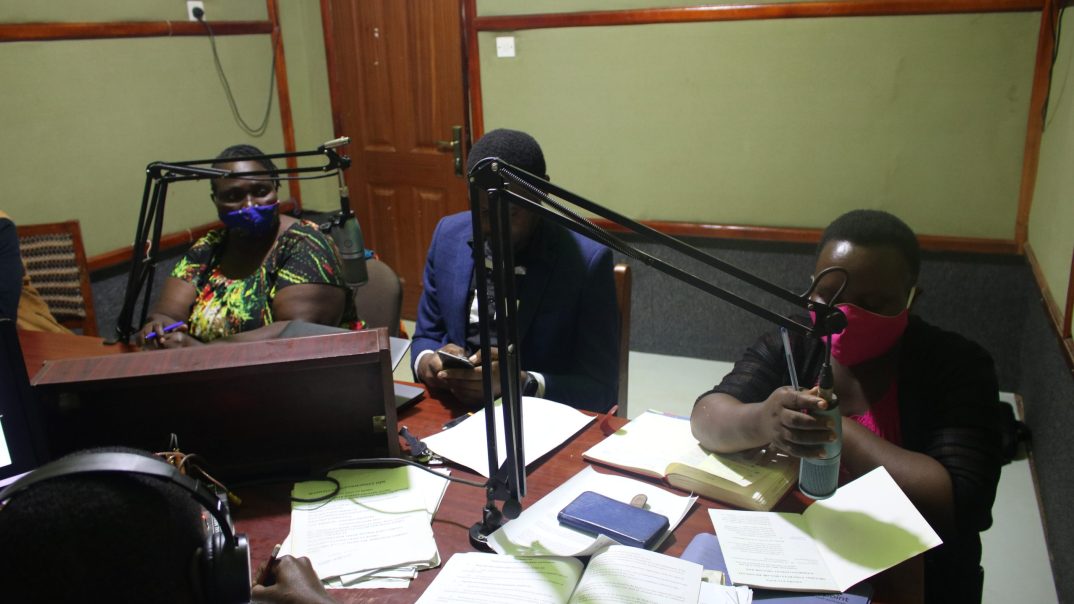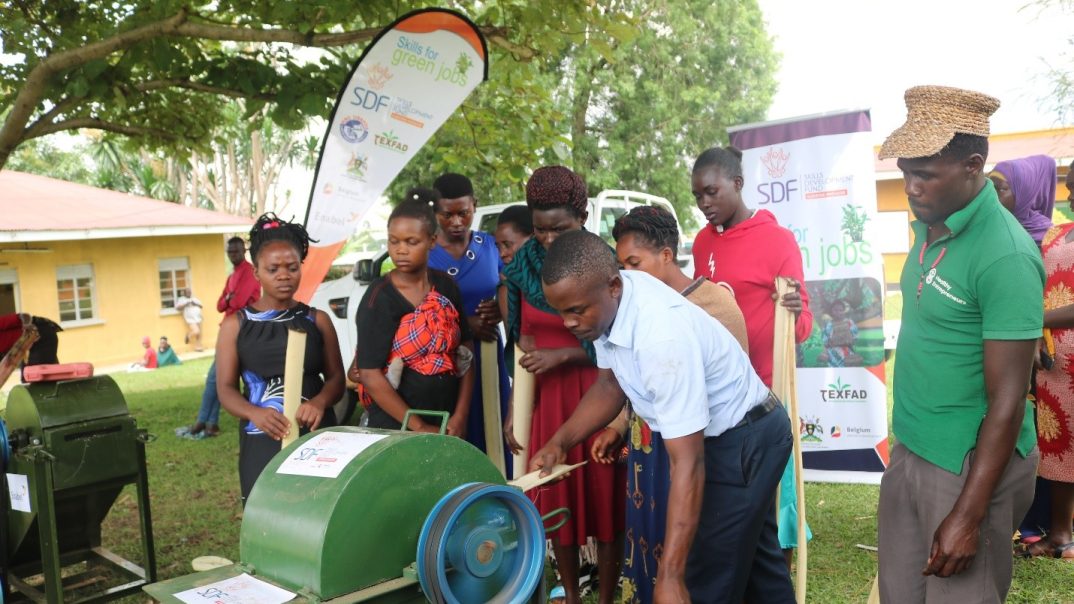
Information Research & Communications
Since its founding in 1996, KRC has stood by the philosophy that meaningful actionable data is the driver of successful and impactful development programs.

Environment & Energy
As our population grows, so does the pressure on our use of natural resources. Our programs are aligned to sustainable green economic development with the full participation of our communities and stakeholders.

Governance & Policy Advocacy
KRC facilitate spaces for citizens to make their voices heard and exercise their democratic and civic rights. We work with governance structures with the aim of enhancing

How We Can Help
Sed ut perspiciatis unde omnis iste natus error sit voluptatem accusantium doloremque laudantium, totam rem aperiam, eaque ipsa quae ab illo inventore veritatis et quasi architecto beatae vitae.
- Nemo enim ipsam voluptatem quia
- Voluptas sit aspernatur aut
- Facilis est et expedita distinctio
- Duis aute irure dolor in reprehenderit
- Perspiciatis unde omnis iste natus
- Tempora incidunt ut labore
- Assumenda est omnis
- Excepteur sint occaecat cupidatat
- Sequi nesciunt neque porro
- Maiores alias consequatur aut
Lorem ipsum dolor sit amet, consectetur adipiscing elit, sed do eiusmod tempor incididunt ut labore et dolore magna aliqua.
Portfolio of Our Best Works
Lorem ipsum dolor sit amet, consectetur adipiscing elit, sed do eiusmod tempor incididunt ut labore et dolore magna aliqua. Ut enim ad minim veniam, quis nostrud exercitation ullamco laboris nisi ut aliquip ex ea commodo consequat.
099 1234 5678
Lorem ipsum dolor sit amet, consectetur adipiscing elit, sed do eiusmod tempor incididunt ut labore et dolore magna aliqua. Ut enim ad minim veniam, quis nostrud exercitation ullamco laboris nisi ut aliquip ex ea commodo consequat.








